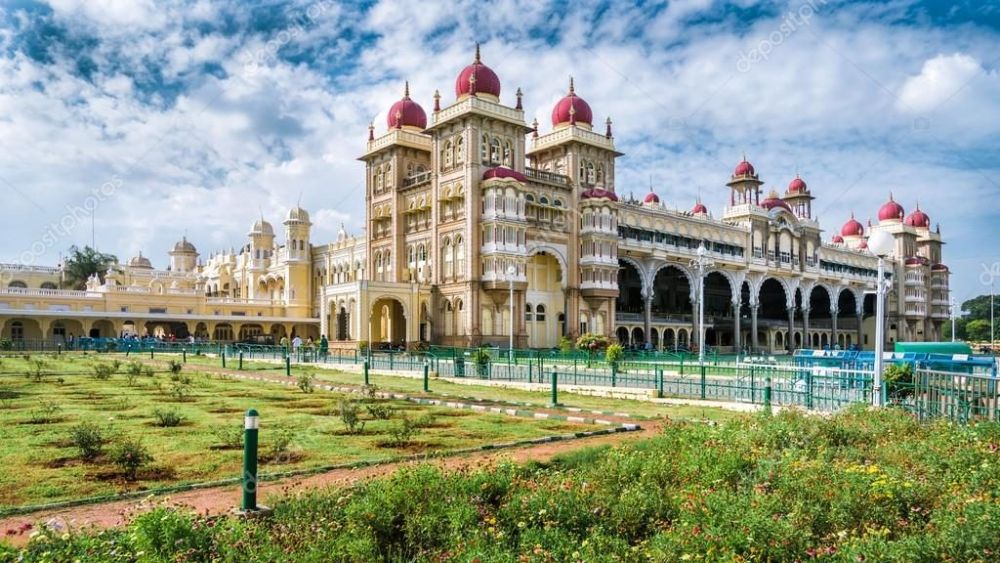

The city of Mysore, officially known as Mysuru, is located in the southern state of Karnataka, India. Known for its opulent palaces, rich history, and vibrant festivals, Mysore has been a coveted travel destination for both domestic and international tourists. The city's tourism history is as colorful and enchanting as its culture.
The foundation of tourism in Mysore can be traced back to the reign of the Wodeyar dynasty. The rulers were great patrons of art and culture, significantly contributing to the aesthetic appeal of the city. The construction of the grand Mysore Palace, the Ambavilas Palace, in the early 20th century, marked a pivotal moment in the city's tourism history. This exquisite structure drew visitors from afar, even during the pre-independence era. The pomp and grandeur of the royal family's Dasara festivities rapidly became a unique selling point for early tourism in Mysore.
Following India's independence, Mysore continued to grow as a tourist destination. The Mysore Dasara continued to be a major attraction, drawing larger crowds each year. Museums and gardens from the royal era, such as the Jayachamarajendra Art Gallery and the Brindavan Gardens, were well-maintained and opened to the public, further boosting tourist interest.
In recent years, Mysore has capitalized on its historical and cultural legacy to attract a new wave of tourists. With the introduction of the Mysore Palace Lighting, where the palace is illuminated with nearly 100,000 light bulbs on Sundays and during the Dasara celebrations, tourism has received a significant boost. Additionally, the city has diversified its attractions with yoga centers becoming quite popular, positioning Mysore as the yoga capital of India.
The latest trends in Mysore tourism show a blend of traditional and modern attractions. Ecotourism has gathered momentum with the promotion of wildlife sanctuaries like the Rajiv Gandhi National Park, better known as Nagarhole. Culinary tourism is also on the rise, as food enthusiasts flock to Mysore to sample its unique cuisine, particularly during the Food Festival held as part of the Mysore Dasara. Heritage walks have become increasingly popular for experiencing the city's history and architecture up close.
Mysore has recognized the need for sustainable tourism practices to preserve its heritage for future generations. Measures to protect historical sites and reduce environmental impact are steadily being incorporated, such as restricting vehicular traffic around key heritage areas and encouraging eco-friendly modes of transport.
The tourism history of Mysore reflects its ability to adapt and embrace modern trends while staying true to its roots. As Mysore continues to enhance its tourism appeal, the city is poised to retain its charm and reverence among travelers seeking a taste of royal history, cultural diversity, and natural beauty.